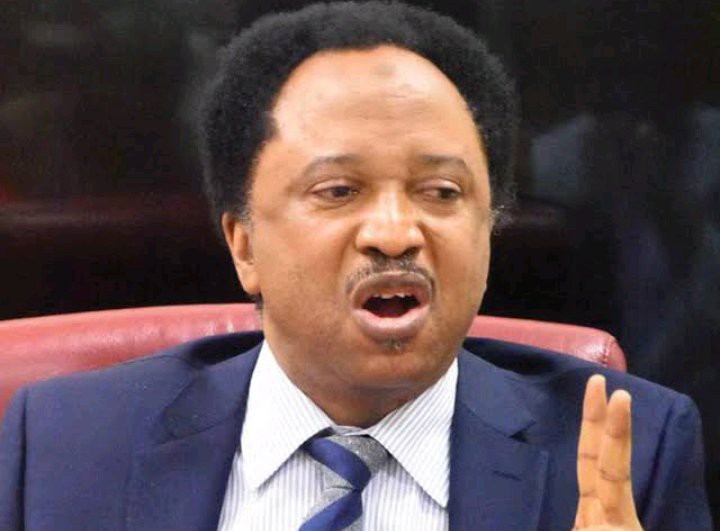Nigerian Senator and human rights activist Shehu Sani recently sparked conversation on social media with a thought-provoking tweet addressing African nations.
In his post, Sani questioned why African countries do not send election observers to monitor elections in the United States, a practice commonly applied by Western countries in African elections.
Sani’s tweet reads: “Dear African Countries, Why are you not sending your election observers to monitor the US elections and then compile and publish your reports?”
The tweet, though short, highlights the disparity in the international electoral oversight practices between Western nations and African countries. Western powers, such as the United States and European Union, routinely send election observers to African countries, assessing the transparency, fairness, and overall conduct of the voting process. These reports often shape international perception and legitimacy of elections in Africa.
Sani’s statement suggests that African countries should reciprocate this practice, sending their own teams of observers to monitor elections in powerful Western nations, particularly the United States. By compiling and publishing their findings, African nations would be able to offer their own assessments of the democratic process in the US, just as the West does in Africa.
His tweet also raises broader questions about the dynamics of international relations, especially the perception of African governance compared to Western democracies. By highlighting this imbalance, Sani prompts a conversation on whether African countries should assert themselves more on the global stage, particularly when it comes to scrutinizing Western democratic processes.

